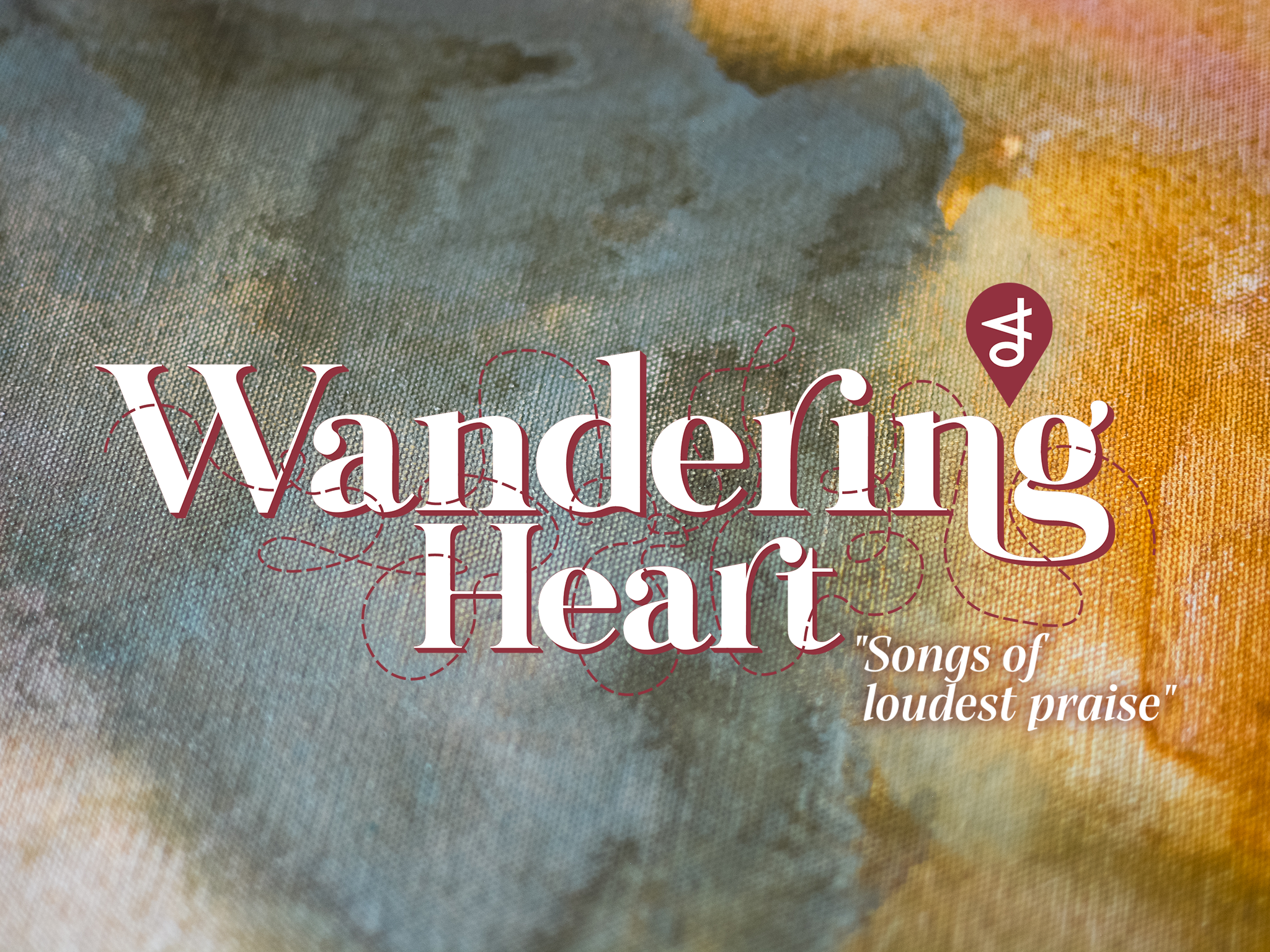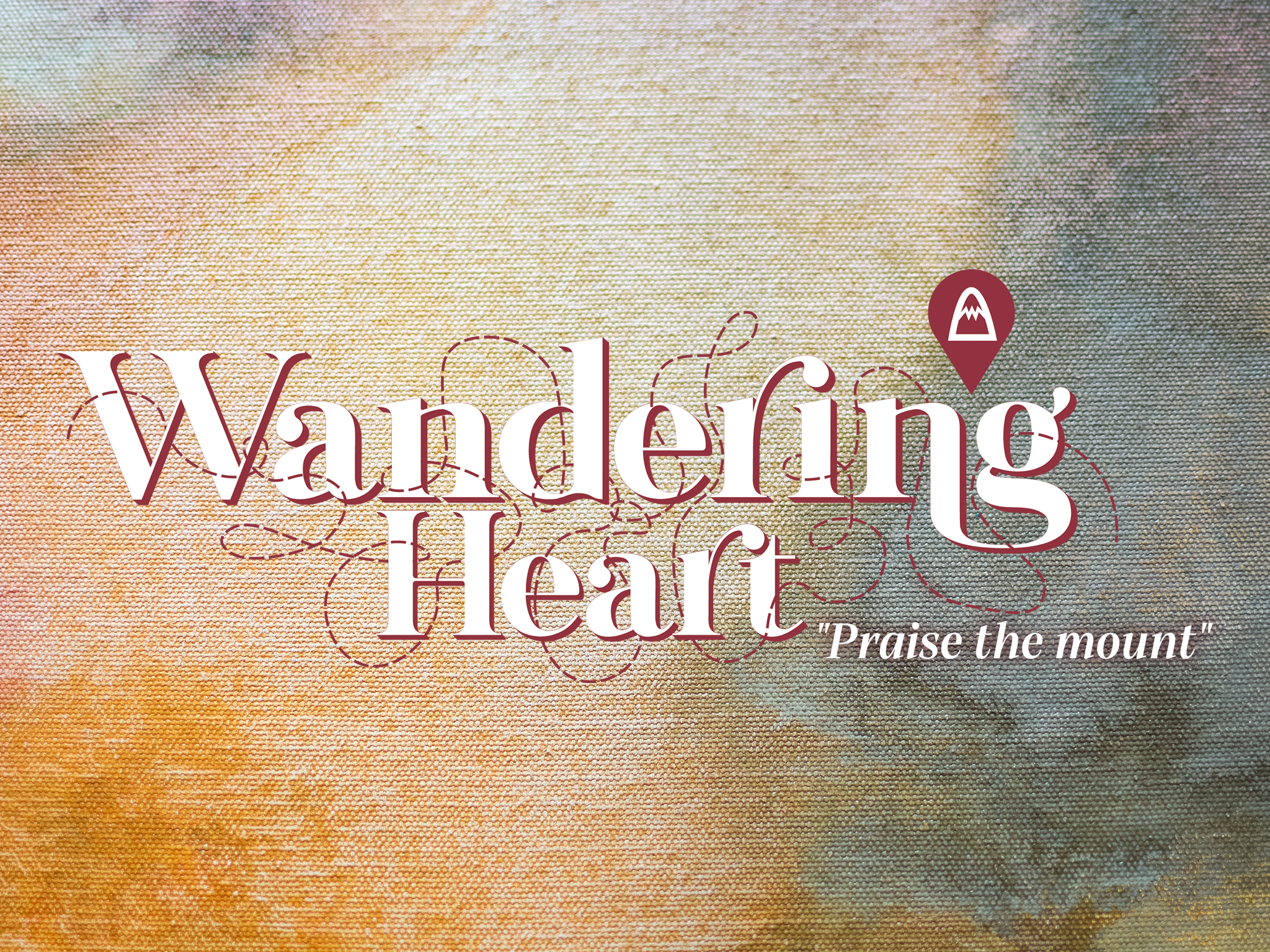Reflection for Wesley Uniting Church, Forrest
Epiphany 4
1 Corinthians 8:1-13; Mark 1:21-28; Deuteronomy 18:15-20
Grace Tame. Australian of the Year. Possibly the most talked about person in our country this week. Except perhaps a certain former tennis player.
I saw a comment on a social media post deriding Ms Tame for speaking from her platform and expressing her opinion on the date of our national holiday. And I saw my friend’s response, telling that person where to take their abuse … somewhere far away.
Tall poppy syndrome, they called it when I was young. And it seemed we, collectively, were almost proud of the way Australians would cut someone down to size, if we thought they’d got too big for their boots.
Trolling, we call it now, all over the world, when one publicly cuts someone down because we feel small, uncomfortable, jealous, insecure. So much of human bad behaviour seems to me to be caused by our insecurities.
As an aside, trolling, it must be acknowledged, seems most often directed at women. Men, and other women, seem to not like very much when a woman exudes confidence with her opinions, is empowered in her wisdom, intelligence, leadership. I do not understand why this fear of empowered women – and I do not wish for you to explain it to me, so please do not try.
When Grace Tame spoke on her receipt of this highest honour, she was full of poise and passion; she embodied hard-won empowerment and wisdom; and she drew in all the people for whom this honouring of her in particular was an affirmation of them too, their struggle, their courage, their voices.
She spoke of relationship – ‘it begins with conversation’, she said, this struggle to eliminate child sexual abuse. With conversation: listening to each other, believing victims, standing together.
She spoke of the marginalised. And without diminishing her self, her story, or the very real needs of other survivors of that particular trauma to be heard, Grace Tame remembered others, other experiences of trauma; she listened, and asked us to listen, to voices we still have not properly heard.
She spoke of healing, with courage and hope. Grace Tame has allowed her story to become a spark that lights other flames; a door through which others may walk; a vehicle for the healing of more than only herself.
In Grace Tame’s acceptance speech, I saw much of what we find in the prophets of our Sacred Story. Courageous insistence on justice. The embodiment of a strength that enables one to be vulnerable, put to use in the service of others, open to criticism and critique. Understanding the need for ones’ own hard work of healing to have its time, before you can help someone else: realising that healing oneself is an ongoing process that is, in part, worked out through helping others to heal.
Prophets. The ones who show us what is, and what could be. The ones who point to the love that builds others up, with their words, their actions, their being.
We’ve heard the gospel and letter portions read aloud this morning, and I’ll return to them. First, though, in Deuteronomy today, God’s voice warns of the consequences that come for those who do not recognise or heed the prophets. The consequences that will come for the trolls.
18:15 The LORD your God will raise up for you a prophet like me from among your own people; you shall heed such a prophet.
18:16 This is what you requested of the LORD your God at Horeb on the day of the assembly when you said: “If I hear the voice of the LORD my God any more, or ever again see this great fire, I will die.”
18:17 Then the LORD replied to me: “They are right in what they have said.
18:18 I will raise up for them a prophet like you from among their own people; I will put my words in the mouth of the prophet, who shall speak to them everything that I command.
18:19 Anyone who does not heed the words that the prophet shall speak in my name, I myself will hold accountable.
18:20 But any prophet who speaks in the name of other gods, or who presumes to speak in my name a word that I have not commanded the prophet to speak–that prophet shall die.”
18:19 Anyone who does not heed the words that the prophet shall speak in my name, I myself will hold accountable.
Now I’m not claiming Grace Tame is speaking ‘in the name’ of God. But I will suggest that we have a responsibility to heed the words of prophets who speak in harmony with the Way of God that we discern in our Sacred Story. We have a responsibility to listen for God speaking to us in myriad, and unexpected, ways. And ‘listening’ is an active verb; listening in this context involves allowing the word to inhabit us, change us, mould us to the Way of God.
So it’s not only a matter of who, or through whom, we hear, but how we hear the prophetic call back to God’s way of love.
Does such a call make us so uncomfortable that we become troll-like, spitting forth abuse, mockery, derision, seeking to dismiss and diminish others in order to avoid feeling such discomfort, experiencing the pain of growth?
They derided Jesus for his actions – not in the episode we hear today, but later, as ‘his fame began to spread throughout the surrounding region’, not all received it with joy. ‘Who does he think he is?’ I can almost feel the recoiling of the insecure at the power they experienced from Jesus, his authority, like a wave pushing them back, knocking them off balance.
If even an unclean spirit can hear Jesus, recognise his authority and respond with obedience, what negative light does that shine on those humans who heard him and did not? This story establishes the collective acceptance by the community of his followers, of Jesus’ authority, his word, his way, as that of God. and it establishes the correct response to Jesus, according to the community gathering in his name. listen, acknowledge, obey.
There are two kinds of feeling ‘small’
When someone uncovers your false bravado, shows you up in your failure to do the hard work of healing and growth, you feel ‘small’ and insecure, and such a one is, I believe, insecure.
When someone squashes you, diminishes your humanity through cruelty, abuse, oppression, you feel ‘small’, but you are not what that someone has tried to make you
how often is that imposed smallness the result of the actions of someone whose insecurity causes them to behave in harmful ways – and thus reveal the smallness they seek to hide?
One could choose to address one’s feelings of littleness, insecurity, inadequacy – we all feel that, from time to time, and acknowledging those feelings turns them into an opportunity to grow.
One could, however, choose to ignore them, cover them up, and very often one does so by belittling others, seeking to overpower others in an attempt to claim power we don’t believe, but desperately wish, we have.
We can all examine ourselves, our actions, and no doubt recall things said or done in defensive reflex, defending ourselves from the discomfort we feel when someone else speaks with authority, achieves success, receives affirmation for who they are or what they have done.
Do you read the honours lists and think ‘why has no one nominated me?’ ? I know I have felt jealousy, inadequacy, when others have received awards or scholarships or prizes, and I have not. When mypoem was not shortlisted, my book didn’t make it to someone’s ‘list of books that influenced me,’ I have felt all the accomplishments I have managed, all the people who have appreciated my words, fade into insignificance.
I have at times spoken with harshness, unfair judgement of others’ abilities because I have not acknowledged my lack of confidence in my own self, my abilities, my gifts. My insecurity, undealt with, leads me to diminish others, not build them up as we are called to do, in love.
The Sacred Story today challenges us to consider, are we living the Way of God for ourselves alone? Or are we first attending to our own growth, our own healing, in order that we may then help others to grow and heal? Do we understand that my healing is wrapped up in yours; your healing is entwined with mine; our healing and growth as a community needs each of us individually to be healing, growing, built up?
That is what is at stake for the church at Corinth. Collective health and the wellbeing of individuals. Paul tells them not to eat particular food if it will lead others to eat food they believe is unclean. For their belief of its uncleanness makes it unclean for them, and they have therefore transgressed their own beliefs and you have caused them harm if they eat that food because you do.
More and more I find myself, when eating out with vegetarians, choosing to also eat a vegetarian meal. Not because I think my eating meat will cause them to eat meat against their preference or belief; nor even because I think it will cause harm through disrespect or offence. As I reflect on my changing behaviour over the years, it seems to be that the more comfortable and confident I grow in myself, the more I am able to put my own self and preferences aside, to act in support of the beliefs of another.
By which I do not mean to suggest that a vegetarian ought to put that choice aside and eat meat – ever. My choosing to eat a vegetarian meal does not cause me to transgress any of my beliefs or practices.
A vegetarian might find themselves growing less offended by the meat eating choices of others, the more confident and comfortable they are in themselves.
The more confident and comfortable we are in our own practices and beliefs, the more able we are to understand, affirm, and support in appropriate ways, the practices and beliefs of those who differ from ourselves. And thus, we build strong and healthy communities.
It’s a letting go of arrogance, of the need to be right, when we are able to allow for multiple possible truths, multiple possible life-giving choices between us.
When we can accept an honour as both affirmation of our own work and also an affirmation of those with whom and for whom we do that work and also acknowledge that our work is not the only valuable work being done – when we can do that, we are living in a way that we, as followers of God, discern through our Sacred Story to be life giving, healing. To choose troll-like behaviour in response to such prophets is to reveal the very littleness one seeks to hide.
The Sacred Story says to us then, today: be careful how you choose to listen, and respond, when God is calling you back to the Way of Love – for truly that Way, that Love does not puff oneself up, does not put others down.
The Way of Love builds others up, and thank God for prophets to show us the way. Amen.




Leave A Comment